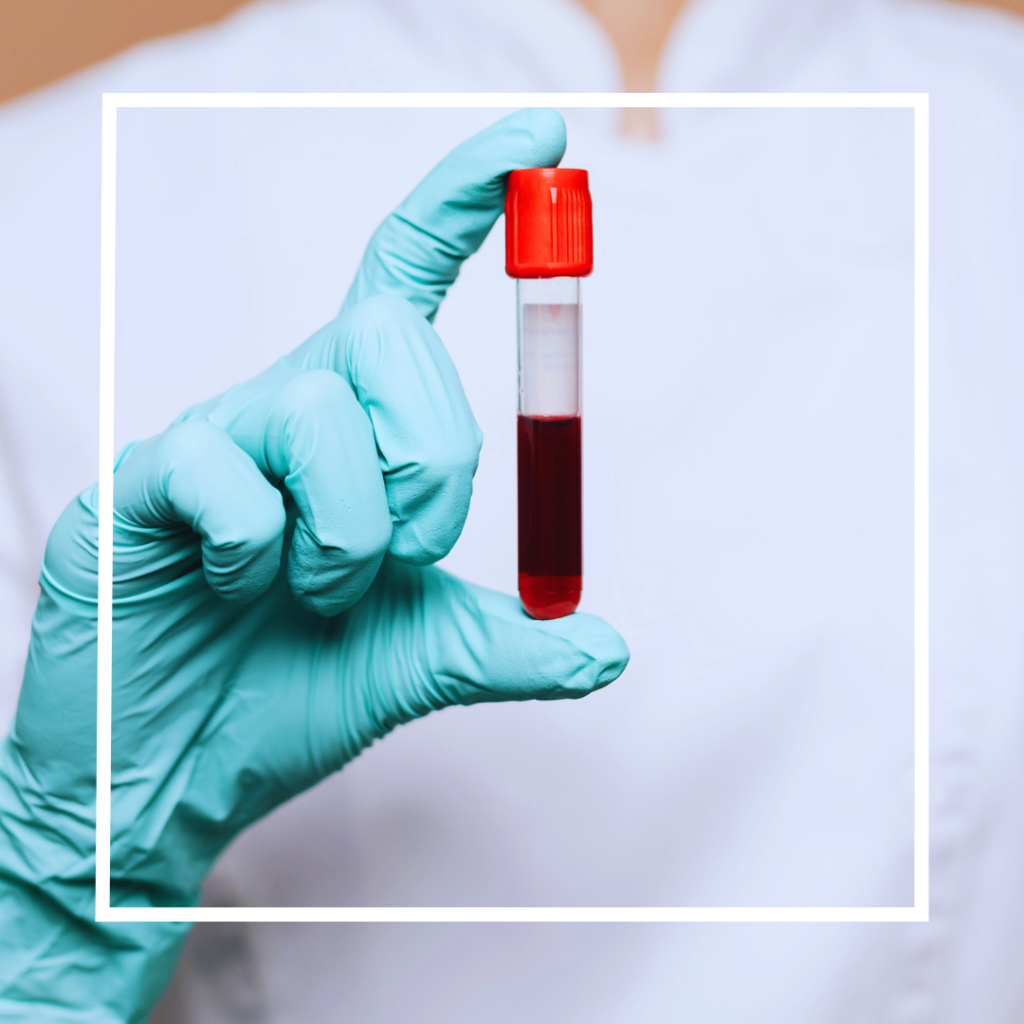How to Maintain Muscle During Medical Weight Loss Programs
Embarking on a medical weight loss program can be a transformative journey toward better health and well-being. At Mission Med+, we understand the importance of not only losing weight but also preserving muscle mass during this process. Muscle maintenance is crucial for overall health, metabolism, and achieving a toned physique. Here are some key strategies to help you maintain muscle while shedding unwanted pounds.
-
Prioritize Protein Intake
Protein is the building block of muscle. Ensuring an adequate intake of high-quality protein is essential for muscle preservation. Aim to include protein-rich foods in every meal, such as lean meats, fish, eggs, and raw dairy products. A general daily guideline is to consume 1lb of protein for every 100 lbs you weigh, but this can vary based on individual needs and program specifics.
-
Engage in Resistance Training
While cardiovascular exercise is excellent for burning calories, resistance training is key to maintaining and building muscle. Incorporate weightlifting, bodyweight exercises, and resistance bands into your fitness routine at least two to three times per week. Focus on compound movements like squats, deadlifts, bench presses, and rows, which engage multiple muscle groups and promote overall muscle growth.
-
Stay Hydrated
Hydration plays a vital role in muscle function and recovery. Dehydration can lead to muscle cramps and hinder performance. Aim to drink at least eight 8-ounce glasses of water per day, and more if you’re active. Hydrating before, during, and after workouts can help maintain muscle function and support recovery.
-
Monitor Caloric Intake
While creating a calorie deficit is necessary for weight loss, an excessively low calorie intake can lead to muscle loss. It’s important to find a balance where you are consuming enough calories to support muscle maintenance while still promoting fat loss. Working with a Mission Med+ professional can help you determine the right caloric intake for your goals.
-
Get Adequate Sleep
Sleep is when your body repairs and builds muscle tissue. Aim for 7-9 hours of quality sleep per night to support muscle recovery and overall health. Poor sleep can lead to increased levels of cortisol, a stress hormone that can contribute to muscle breakdown and weight gain.
-
Incorporate Healthy Fats
Healthy fats are essential for hormone production, including hormones that support muscle growth. Include sources of healthy fats in your diet, such as grass-fed butter or ghee, tallow, avocados, coconut oil, or extra virgin olive oil (making sure it is pure olive oil without any filler seed oils, try to find a brand from Italy that is also cold-pressed). The goal is to have a more balanced Omega 3 to Omega 6 ratio and to avoid industrial processed seed oils which contribute to chronic health conditions.
-
Stay Consistent
Consistency is key in both diet and exercise. Follow your Mission Med+ medical weight loss program diligently and make adjustments as needed with the guidance of a Mission Med+ provider. Regular check-ins can help monitor your progress and make sure you’re on track to achieving your goals while maintaining muscle mass.
-
Supplement Wisely
Supplements can support muscle maintenance, but they should not replace a balanced diet. Protein powders, full spectrum amino acids, and the right supplements can be beneficial when used appropriately. Always consult with your Mission Med+ healthcare provider before starting any new supplement regimen. Mission Med+ recommends only certain brands of supplements to ensure you are taking the ones that benefit how you function and feel. We don’t like to use supplements with unnecessary fillers or additives.
Conclusion
Maintaining muscle during a medical weight loss program requires a strategic approach that combines proper nutrition, exercise, hydration, and rest. By prioritizing these elements, you can achieve your weight loss goals while preserving the muscle mass that is crucial for a healthy, strong, and metabolically active body. At Mission Med+, we’re here to support you every step of the way on your journey to better health.





